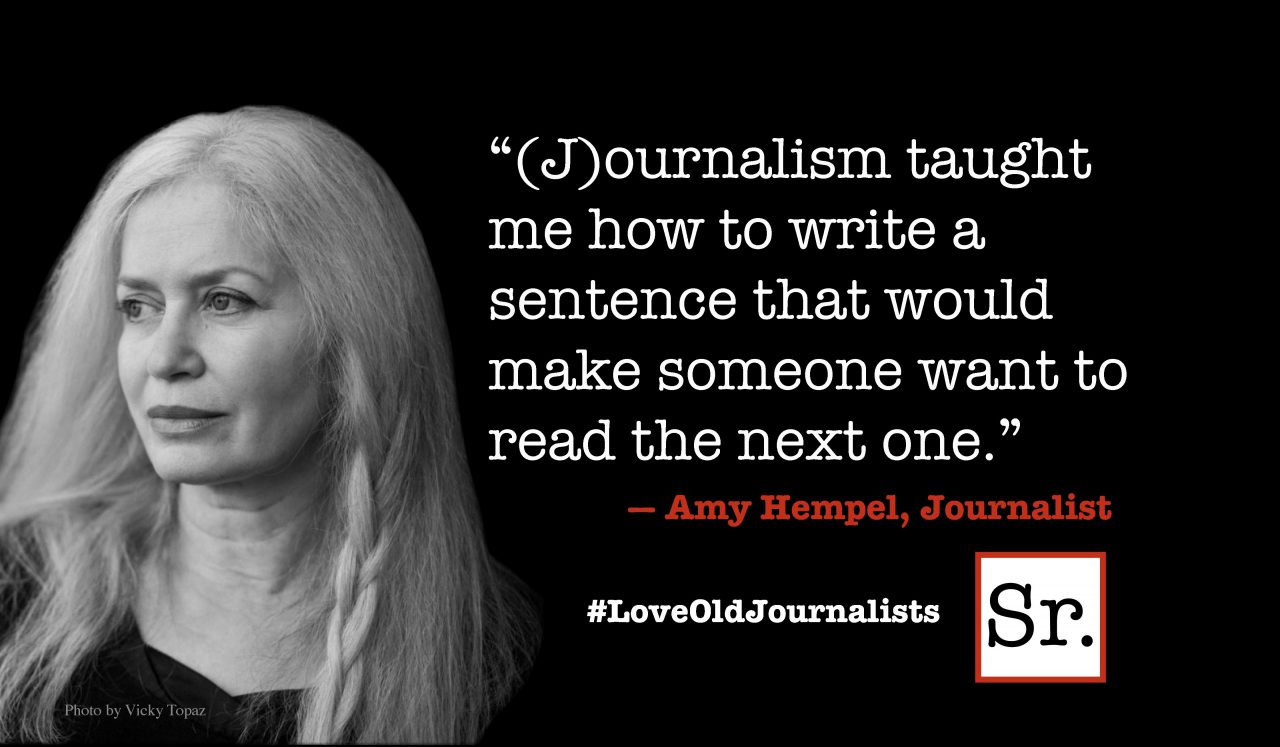Q. Do older people faint more than younger people?
Yes. When you pass 70 years, you double the chances of fainting. And the odds triple after 80. Fainting is common. About one in three people faint at least once in a lifetime.
Syncope (SINK-o-pea) is the medical word for fainting or a temporary—a few seconds— loss of consciousness. Fainting happens when your brain isn’t getting enough oxygen from your blood supply.
Syncope is often foreshadowed by “premonitory symptoms” that include nausea, feeling lightheaded and irregular heartbeats.
[Personal note: I have what doctors call “presyncope.” My knees buckle and I get very close to passing out but never quite make it. This happens only when I see my own blood in clear bag or syringe. I’ve been kicked out of blood banks.]
Syncope is a symptom, not a medical condition. Syncope can be an indicator of a serious problem, so it should not be taken lightly. If you have a fainting spell, get checked out by a doctor. It’s sometimes difficult to diagnose syncope in seniors because there can be multiple causes.
Here’s a typical fainting scenario:
You stand up. There’s blood in the legs that has to be redistributed so there’s enough going to your brain. Your nervous system starts sending rapid signals to the heart and blood vessels to correct the imbalance. Older people’s bodies simply don’t respond as well as they used to; they tend to faint more often because of their reduced capacity.
In another common syncope scenario, you feel faint after a meal because blood has poured into your digestive system.
There are many causes for fainting. Some are benign; some aren’t. The causes include abnormalities of the blood, brain, arteries and veins, heart, medications and low blood pressure. Passing out can be the only symptom of heart attack in older people.
Low blood pressure is commonly caused by drugs for high blood pressure, surgical medications, anti-anxiety agents, diuretics, heart medicines, antidepressants, narcotic painkillers and alcohol. Other causes of low blood pressure include dehydration, heart failure, heart arrhythmias, shock from infection, stroke, severe allergic reaction, major trauma, heart attack and advanced diabetes.
Even after extensive testing, the cause of syncope is not found in almost half of the cases.
There are names for categories of syncope. These include:
Vasovagal, the common variety, which happens when blood pressure drops suddenly;
Situational, a form of vasovagal syncope that is triggered by events such as anxiety, hunger, pain, coughing, wearing a tight collar or urinating;
Postural, which occurs when the blood pressure drops suddenly because you got up too fast;
Cardiac, which strikes when heart or blood-vessel problems interfere with blood flow;
Neurologic, which is caused by seizure or stroke.
Treatment for syncope depends upon the cause. Treatment may include: diet changes, support garments to improve circulation, changing medications, avoiding situations that cause syncope, rising slowly from a sitting or lying position, and installing devices to control your heart rate.
If you would like to read more columns, you can order a copy of “How to be a Healthy Geezer” at http://www.healthygeezer.com/.








